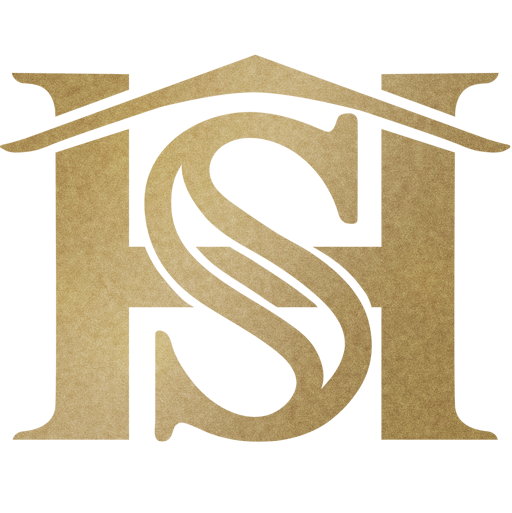One of the most significant aspects of addiction treatment is that it is multidimensional. Thus, the bespoke treatment course is typically different for every individual, based on his/her addiction levels, requirements, and restrictions.
The treatment plan often systematically integrates various intervention programmes, from medical intervention to alternative remedial measures. As an established rehab in India, Safe House devises detailed treatment plans for its patients, focusing on abstinence and physical, mental, emotional, and social health.
Take a look at some of the programmes we incorporate into our bespoke treatment plans:
1. Medical Detox
At Safehouse, our physicians monitor the individual’s parameters carefully, ensuring that the detox does not deteriorate their physical condition. Besides, our extensive focus on a healthy lifestyle and fixed daily routines help patients stay focused on their paths and better handle their withdrawal symptoms. We also continuously observe their mental and emotional wellbeing during the detox phase and motivate them to persevere.
2. Yoga and Meditation
The body and the mind are like the two sides of the coin of life – each is incredibly essential to complete the picture. Yoga and meditation work hand-in-hand to facilitate the physical, mental, and emotional wellbeing of the individual. As patients become more mindful of their thoughts, feelings, and bodily processes, they typically realise that peace and happiness lie within them and not in the stimulant or behaviour they are addicted to. Thus, our patients’ days begin with enriching yoga and meditation sessions and end with meditation.
3. One-on-One Counselling and Guidance
Since many individuals dealing with addiction issues have borne the brunt of indifference and impatience in their social environments, becoming emotionally vulnerable and expressing one’s feelings is a challenge for many. Safe House’s one-on-one counselling and therapy sessions provide a safe atmosphere for patients, allowing them to delve into their deepest emotional realms. Our proficient psychologists and psychiatrists foster unconditional positive regard for our patients and treat them with utmost empathy and respect.
4. Lectures, Group Activities, and Discussions
Educational lectures on various de-addiction and rehabilitation approaches help patients adopt a logical approach towards the process. These sessions are typically followed by workbook completion activities that occupy their minds and help them document the knowledge acquired. Lastly, group therapy and discussions reassure patients that they are not alone in their tumultuous journeys. Such sessions can encourage them to move steadily towards the light at the end of the dark tunnel of various addictions, including drug and alcohol addiction.
5. Reflection and Introspection
Understanding one’s thought and behavioural patterns can help us break destructive cycles and establish healthier ones. The patients at Safe House engage in guided daily reflections to identify their vicious cycles of addiction and work towards healthier approaches. This plays a crucial role in the bespoke treatment process.
6. Art Therapy
Art often speaks where words fail. Often, individuals dealing with addiction tend to express themselves better while drawing, painting, and engaging in other artistic activities. Studies suggest that creating art reduces cortisol levels, reducing stress, and contributing to a healthier mind. Thus, it helps individuals to heal not only from addiction but also other closely-related conditions like anxiety and depression.
7. Nutritional Counselling
“We are what we eat” is a timeless cliche. At Safe House, we provide one-on-one health and nutritional counselling to every patient, considering their dietary restrictions and suggesting the right calorie intake. The centre also offers a variety of cuisines, from Indian and English to oriental and continental. Our seasoned chefs follow the instructions provided by our nutrition counsellors, preparing delicious food adhering to each patient’s meal plans.
